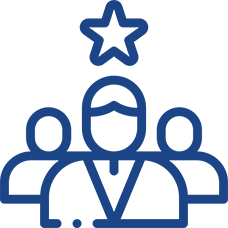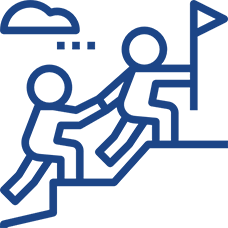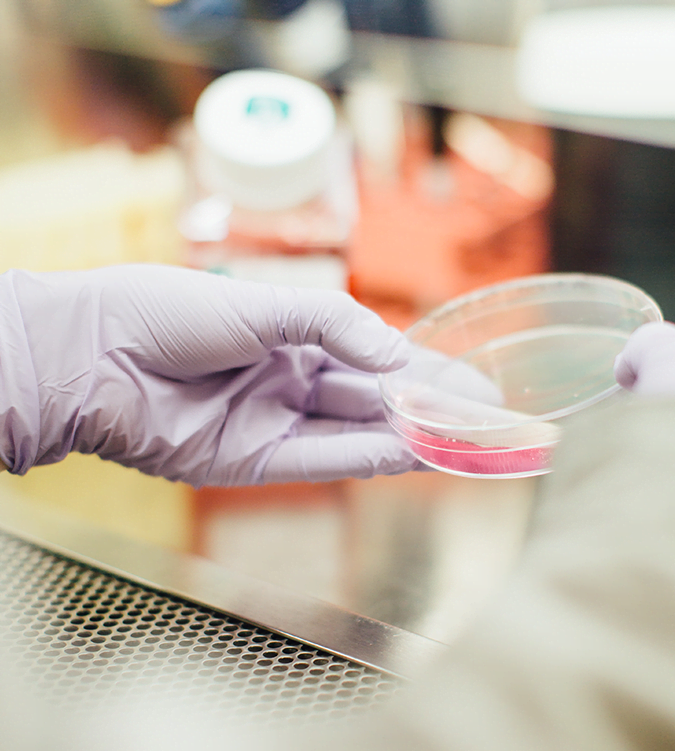Think how JFK's now cliched 'moonshot' got humans to the moon!
Our own Pete Coffey and his team established the London Project to Cure Blindness which drew together discovery scientists, clinician scientists, administrators, philanthropists and industry to deliver RPE on a sheet to the back of the eye.
These grand challenges have shared characteristics

At first glance seem near impossible but in reality, become tractable

Definable and with a distinct, unambiguous outcome that delivers impact

Demanding of teams, usually with diverse skill sets and united through a shared sense of mission

They have strong leadership
